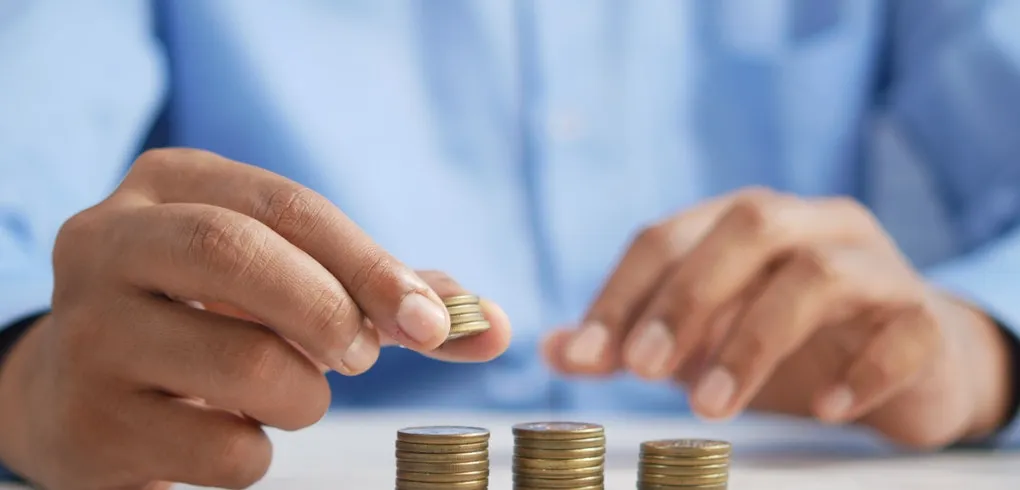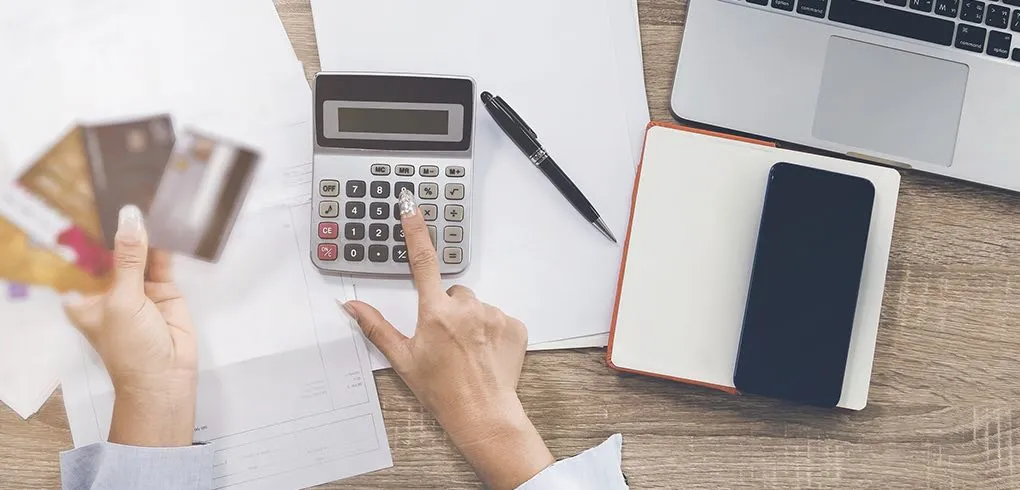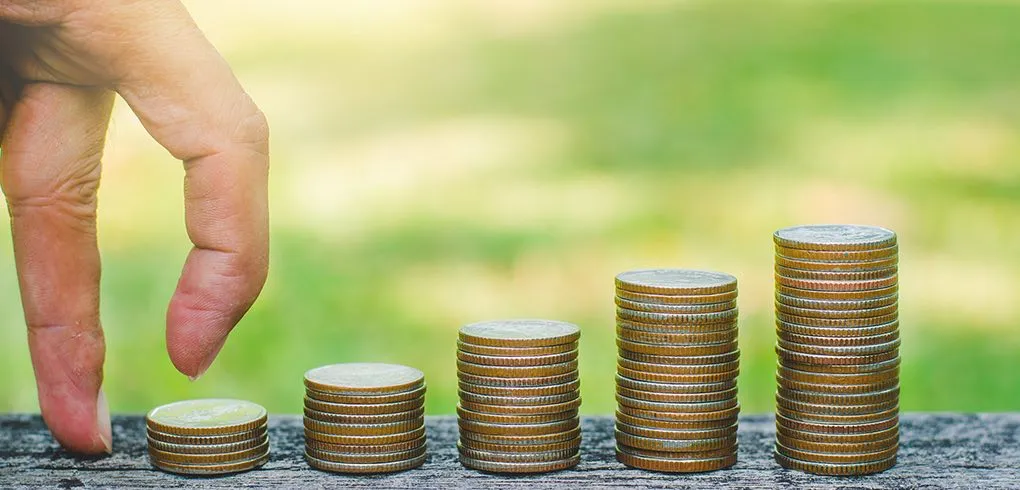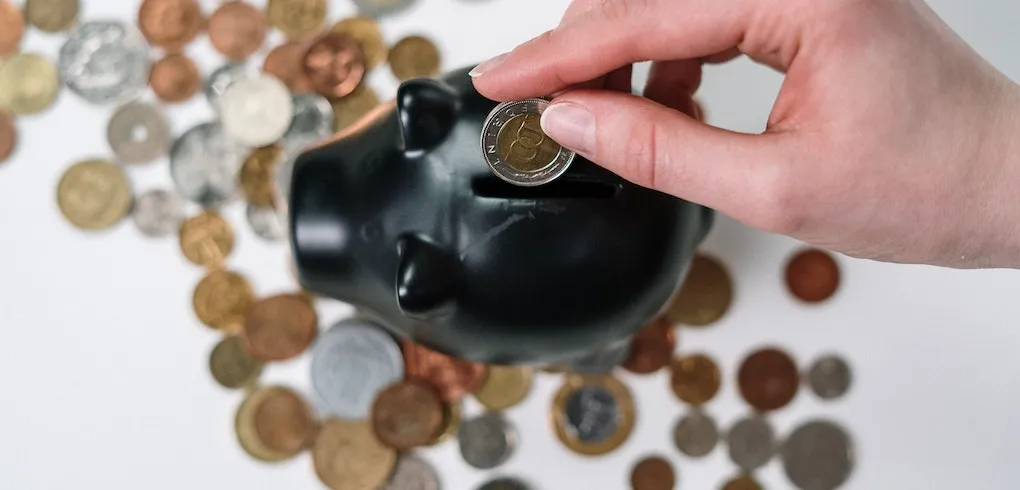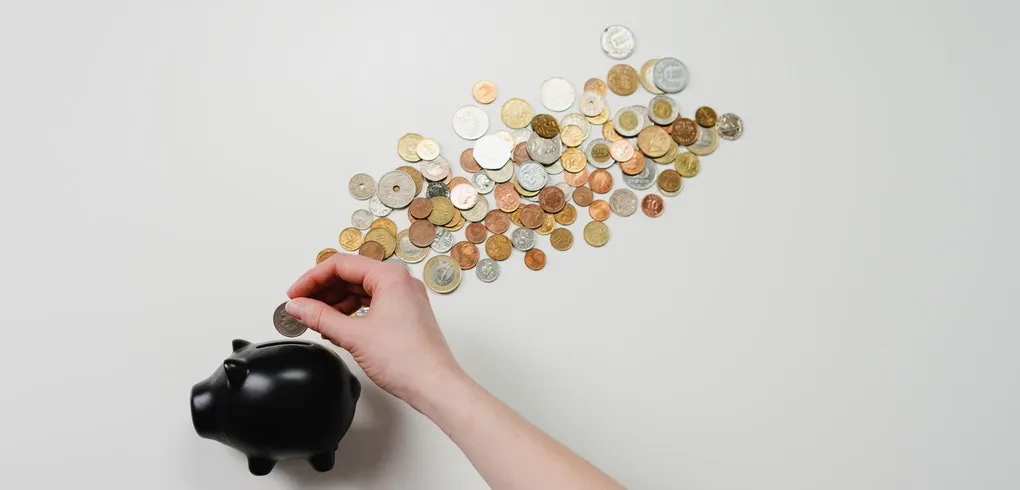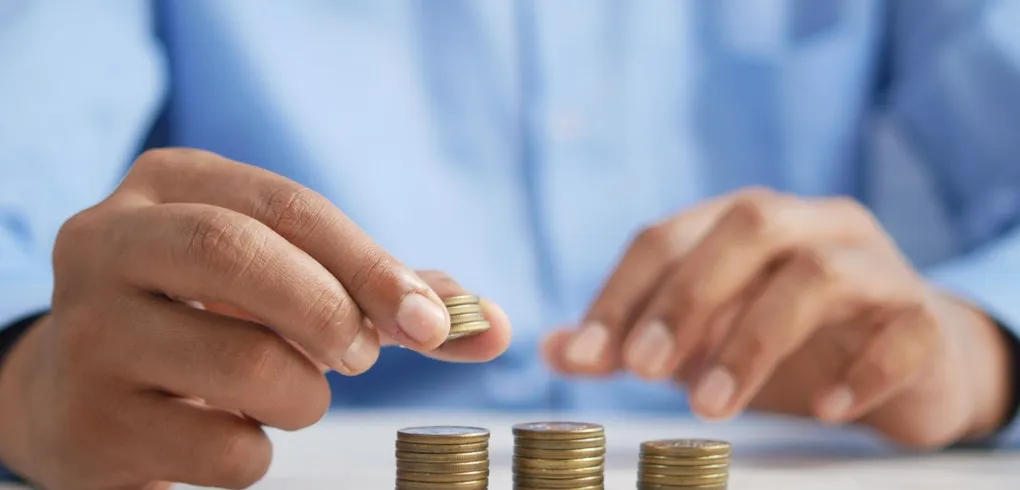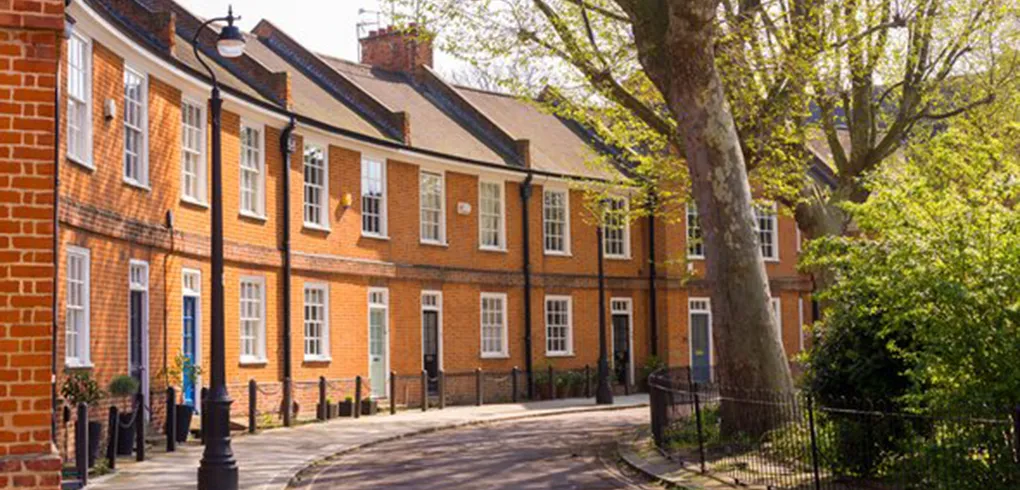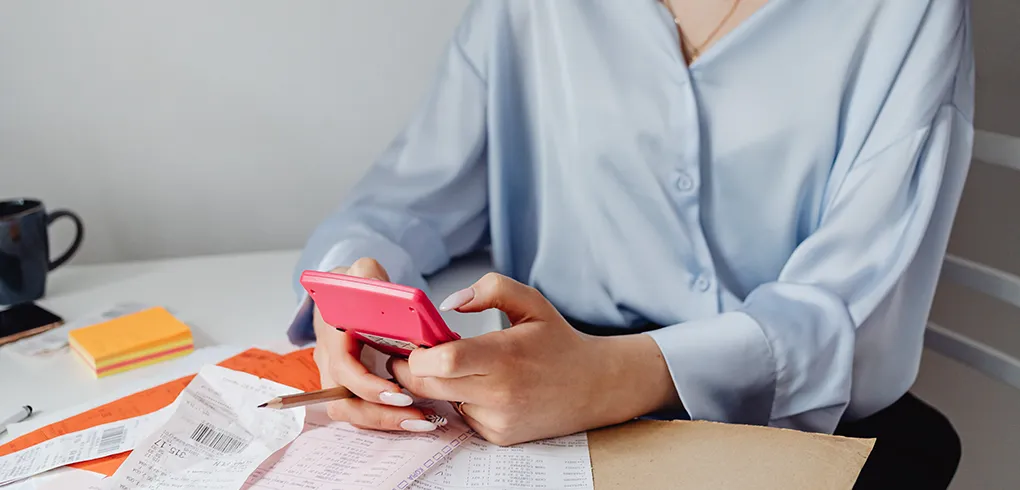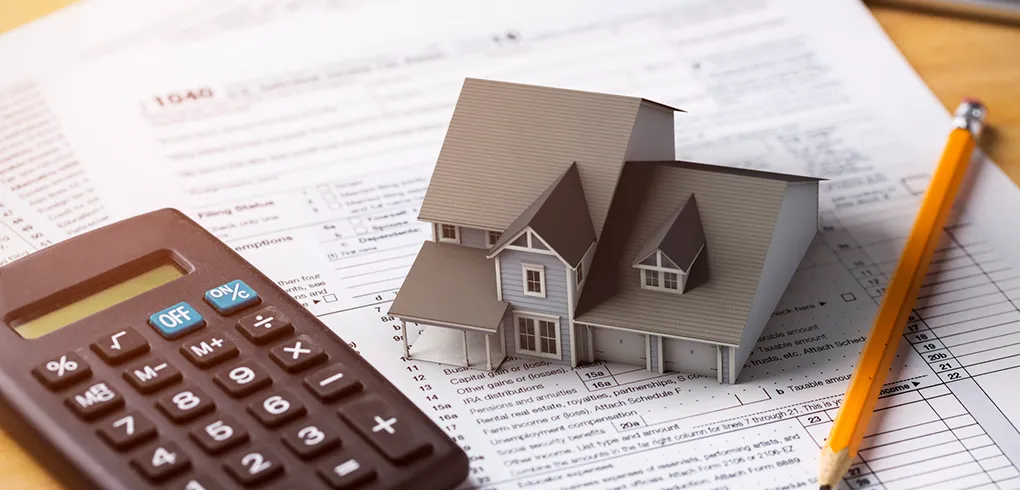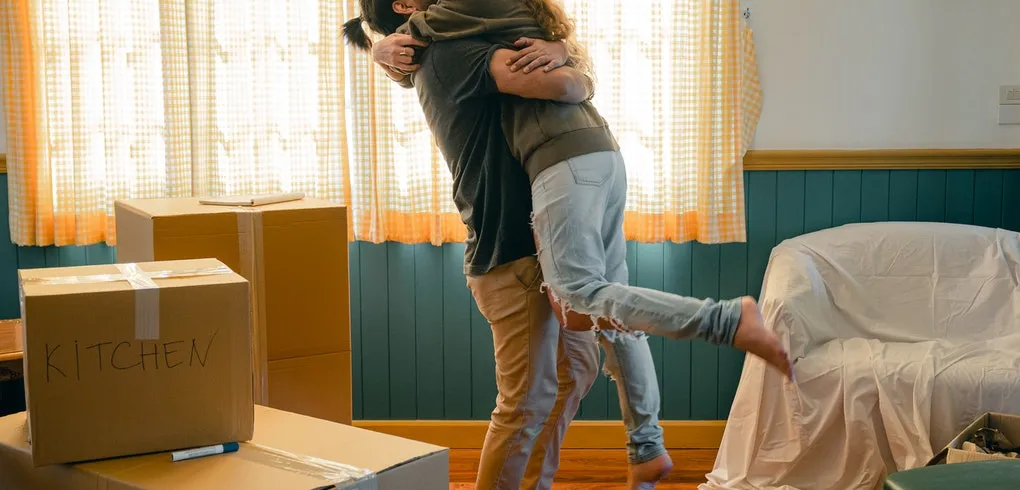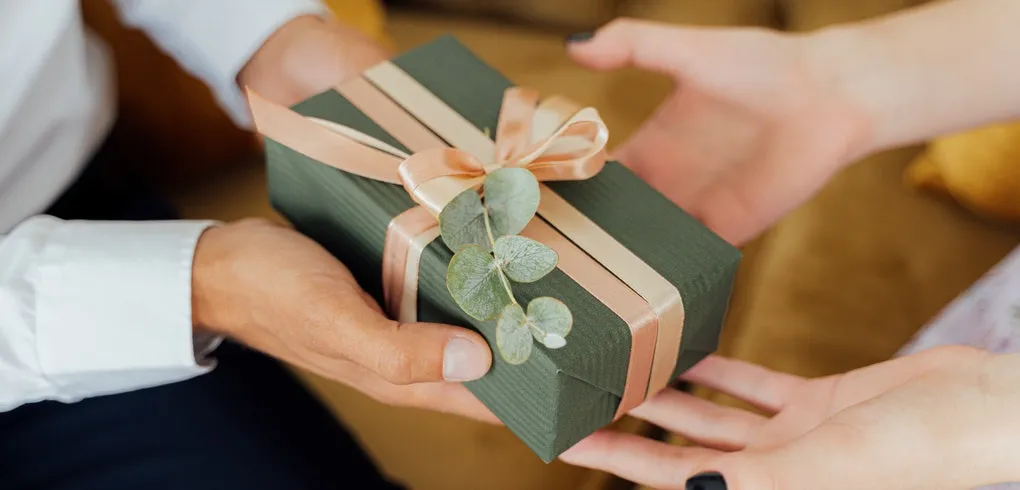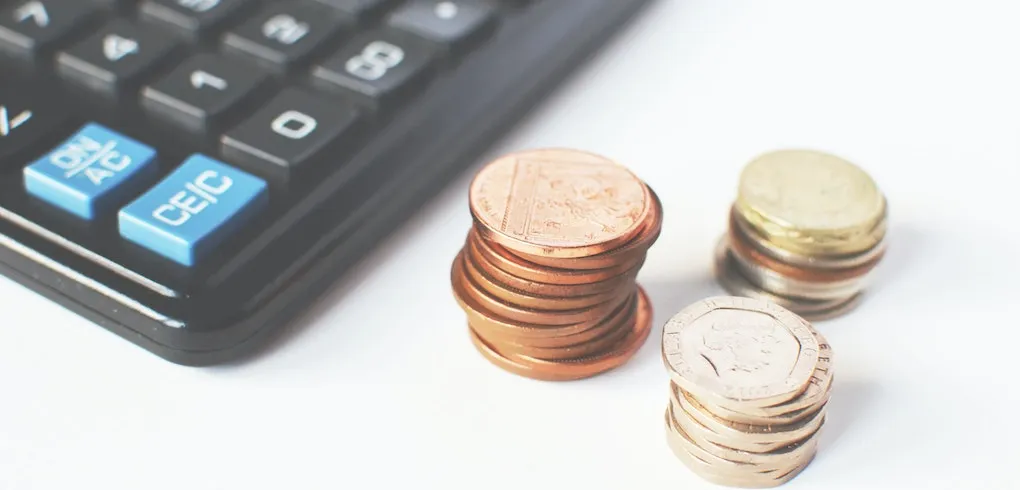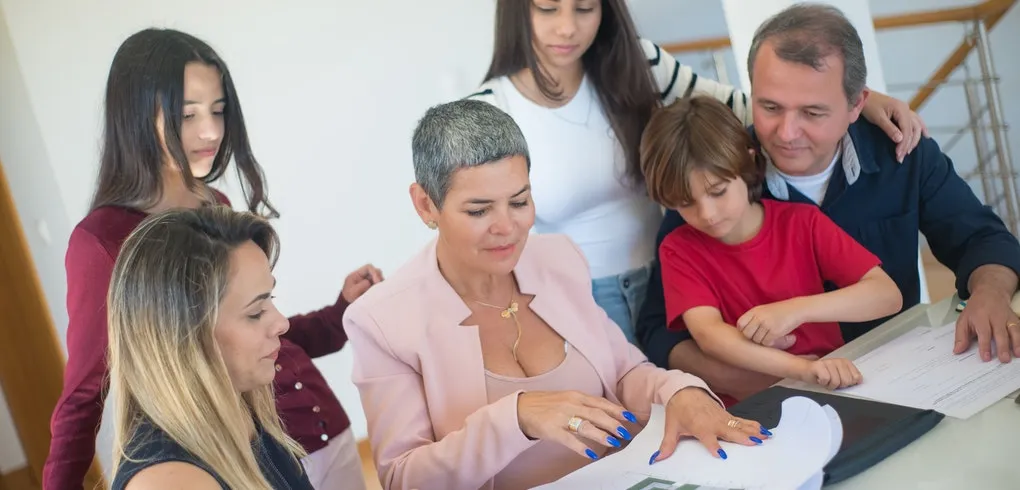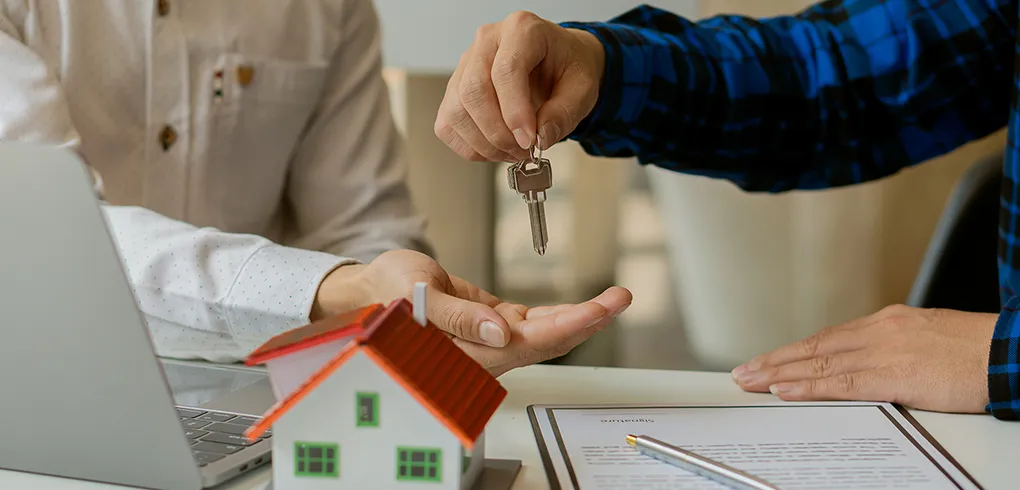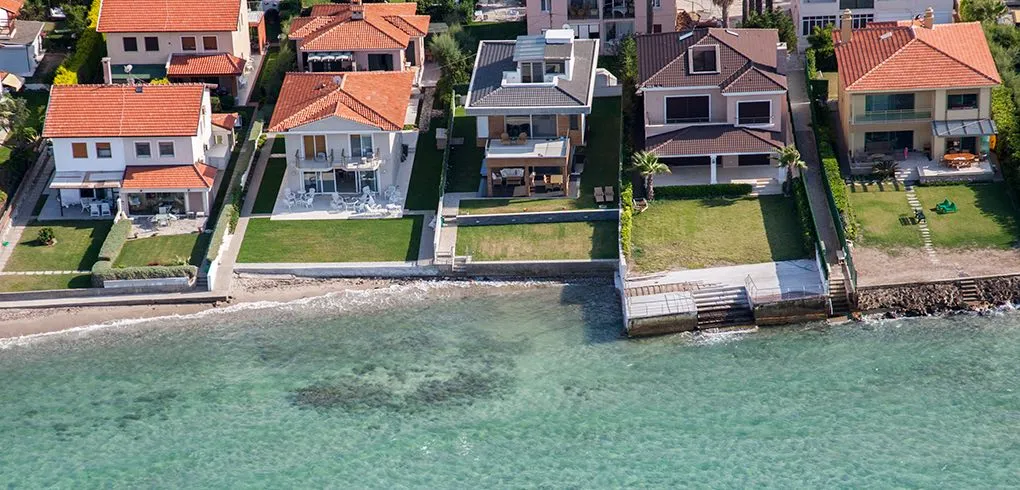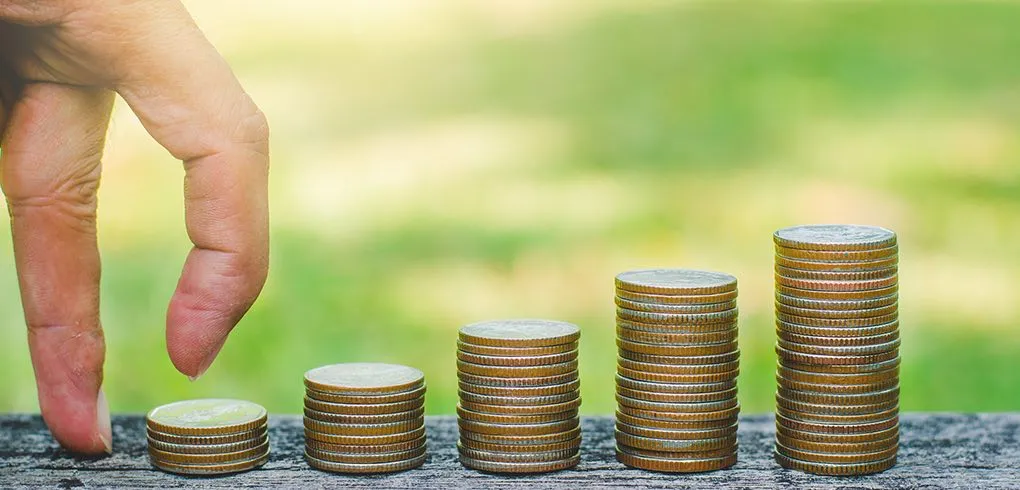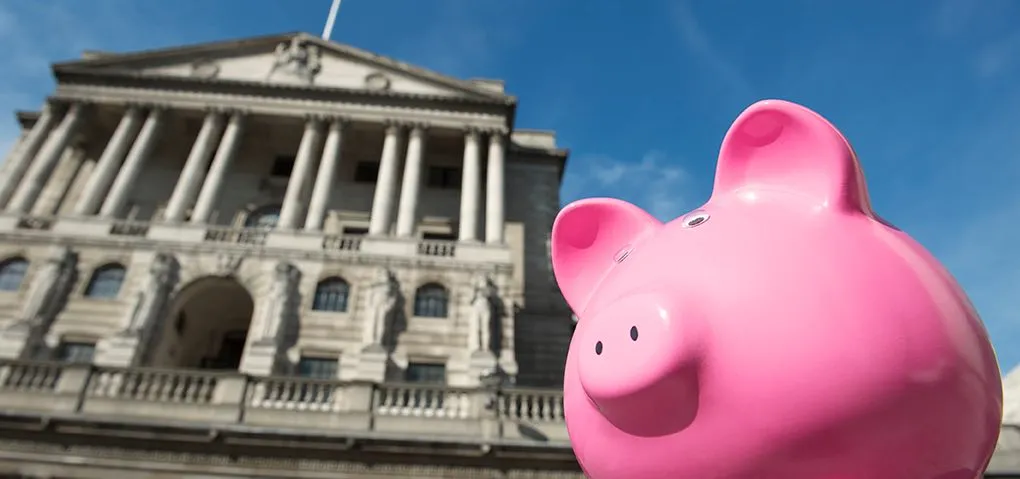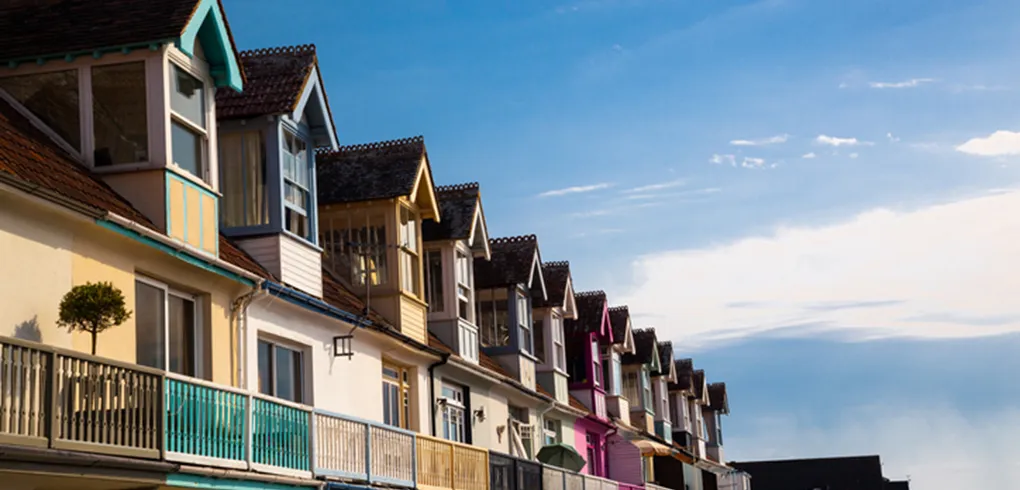Just like with buy-to-let properties, banks consider holiday homes to be of higher risk for a mortgage. This is because people are more likely to prioritise paying off the mortgage for their primary residence, rather than their holiday home. Because of this, most banks and lenders will not accept a mortgage for a holiday home unless you have a deposit of 15% or higher – assuming the holiday home is for your personal use. If you want to use the holiday home as a holiday let property, you should look at holiday let mortgages.

Mortgage Deposit Guide
Learn everything you need to know about mortgage deposits right here in our handy mortgage deposit guide. You’ll find information on deposit amounts, how your deposit affects your mortgage, buy-to-let mortgages, low deposit amount schemes and some advice on how to save up for your deposit.
Fill out this enquiry form and we’ll contact you to book a free call with one of our mortgage experts.
"*" indicates required fields
Guide to Mortgage Deposits – What Is a Deposit?
Simply put, a mortgage deposit is the amount you pay upfront for a property. The remainder of the cost of the property is covered by your mortgage loan.
Getting together a mortgage deposit is one of the main struggles that most property buyers face. We can help show you the options, letting you work out how much of a deposit you need. We will also go over how your deposit amount affects your mortgage loan and interest rate.
Whether you’re a first-time buyer, a previous homeowner or a commercial property investor, you’ll need a deposit to take out a mortgage on a new property.
Contents
What Is LTV?
If you’re looking at mortgages, you’ll often see the term LTV which stands for loan-to-value. This is the amount you borrow on your mortgage, expressed as a percentage of the total value of the property. The remainder of the property value is covered by your deposit.
For example, you’ll often see residential mortgages advertised as 95% LTV. These are also called 5% deposit mortgages. This is where 95% of the house cost is covered by the mortgage, while 5% is covered by the deposit. A lower LTV percentage means that you contribute more in deposit and borrow less on the mortgage
How Much Deposit Will I Need?
The amount you need in deposit depends on the value of the property you want to buy, as well as the maximum LTV percentage of the mortgage product available to you.
The maximum LTV available for most residential mortgages is 95%, which means you have to provide at least 5% of the property’s value as a deposit. However, a lot of lenders prefer a deposit of 10% or more. There are options to reduce amount you need for a house mortgage deposit – you can find more information on these options below. If you cannot find a suitable way to get a low deposit mortgage, you may need to look at ways to work on saving up a deposit.
Buy-to-let and commercial mortgage deposit
The minimum deposit for most buy-to-let mortgages is 25%.
The minimum deposit for most commercial mortgages is 25%, although some lenders will ask for between 25% – 40%.
Is a Mortgage Larger Deposit Better?
It’s often worth trying to contribute the highest percentage deposit that you can. A large deposit makes you appear less risky to lenders and gives you more mortgage products to choose from. This will get you access to better mortgage interest rates, which – combined with the fact that you’ll be borrowing less – can greatly reduce the interest you’ll pay overall.
There are some situations where the lender might require a large mortgage deposit.
For example, if you’re purchasing a riskier property with special features like a thatched roof or the lender has a minimum age restriction for low deposits.
Most mortgage lenders also require a higher deposit for buy-to-let properties or other investment properties.
Mortgage Deposit Calculator
To work out how much you will need to save each month to reach your deposit amount, try our calculator below.
This calculator is for illustrative purposes and you should check the progress of your savings and review it regularly to ensure you are on track to reach your amount by the target date.
What you will need to save per month
The amount you'd need to save could be…
Calculating your saving amount
How is this calculated?
Using the information entered, this mortgage deposit calculator works out how much you’ll need to save each month to reach your deposit goal.
First it works out how much deposit you’ll need based on the prospective property price and percentage of deposit needed.
Then it calculates how to get to this goal by the date required based on your current savings and their gross interest rate.
Finally, it divides this by the number of months between now and the date you require your deposit.
Next Steps
Speak to our team for a free consultation and more advice on what you can borrow.
What Is the Average House Deposit Amount?
According to Money.co.uk: “the average first time buyer deposit in the UK is £61,000, which is around 26% of the average first time buyer house price (£236,783)”. Bear in mind that the amount required in deposit varies greatly across the UK, due to massively different housing costs in different regions, as well as the differences in price between small flats and large houses.
Thanks to soaring property prices, saving a 20% or even 10% deposit for London or the South East can be very difficult. Fortunately, there are some more affordable regions – the North, Scotland, Northern Ireland and Wales have had more stable property prices, with some areas even seeing slight decreases.
Still, most people find that it can take years to save up enough for a property deposit and it is near enough impossible for some people to save up this amount at all. Thankfully, there are some ways to reduce your deposit amount, which we will go over later.
Knowing what kind of mortgage deposit you can save should help you work out what LTV mortgage product you are looking at and what kind of property you can afford.
First-Time Buyer Deposit
Buying your first home can be frightening, but it should be fun – there’s just a lot to navigate. The good news is that your broker can guide you through the process. It’s also worth bearing in mind that deposits generally work the same whether you’re a first-time buyer or someone buying their second or third house. You typically need to save up at least 5% in mortgage deposit, although a bigger deposit will give you access to more products and better first-time buyer mortgage rates. There are also some government schemes and mortgage products that can help you on your way – find more on this below.
Will a Deposit Affect the Type of House I Can Afford?
The amount you can put forward in deposit does affect what sort of house you can buy. You might find that some mortgage lenders offer different mortgage products depending on whether you’re buying a house or a flat. If you are looking to buy a flat, you might find that you need a higher percentage deposit. You might also find the required percentage is different if you are looking at buying a new build property or a property with a special feature like a thatched roof.
The biggest way that a deposit can affect the house you buy, is by letting you access higher total property values. Most mortgage lenders will let you borrow around 4 or 5 times your annual income for a mortgage. If your deposit is 30% of the total value, this means you can afford a property with a higher price.
Should I Aim for a 10% Deposit or Higher?
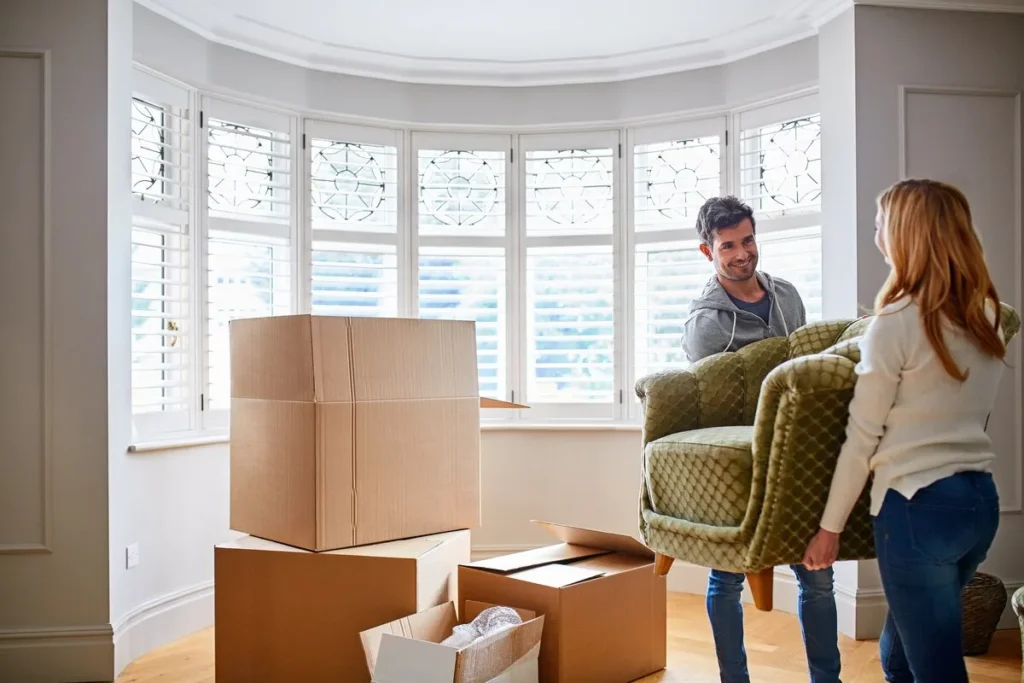
5% is the minimum deposit for most residential mortgage lenders but it’s better if you can save a 10% deposit or more. Having a higher deposit gives you access to lower interest rates and means you borrow less overall. This can greatly reduce the amount you pay in interest.
Having a higher deposit amount gives you access to more mortgage products and better deals.
However, you need to carefully consider if your deposit money is better spent elsewhere. If you have other debts, you may find it more beneficial in the long term to pay these off rather than increasing your mortgage deposit. To see whether this is relevant, you will need to compare the interest rates, loan length and any other clauses on your mortgage and other debts.
It is also often sensible to make sure that you still have a suitable emergency fund in case any problems come up.
0% Deposit – Can I Still Buy a House?
Saving up on a deposit can be difficult, especially when the cost of living is so high. No or 0% deposit mortgages – also known as 100% mortgages – like Family Springboard and Family Assist can be suitable alternatives for some people, as you don’t require a deposit in the traditional sense. However, the lender still requires some security in the form of savings or equity.
There’s also a new product from Skipton called the Track Record Mortgage. Essentially, you don’t need a deposit. Instead, the lender uses your track record of paying your rent over the last year to work out your affordability.
How to get a mortgage with no deposit
Many lenders offer some form of a 0% or no deposit mortgage, but these come with certain conditions. For example, a family member of the borrower will have to provide some savings or have a charge put on their property as security. This means that their savings or property could be at risk if you don’t make your monthly payments.
Understanding the Drawbacks and Risks of Low Deposit Mortgages
Zero and low deposit mortgages, such as those with a 5% or 10% deposit, make homeownership more accessible, especially for first time buyers. However, they come with certain drawbacks. One of the main drawbacks is that lenders tend to charge higher interest rates on low deposit mortgages because they view these loans as riskier. This means that, over time, you may end up paying significantly more in interest compared to those with larger deposits.
There’s also the risk of negative equity, where the value of your mortgage exceeds the value of the property, especially if house prices fall. This can make it difficult to sell or remortgage your home. Additionally, you may have fewer mortgage options, as not all lenders offer high LTV mortgages. While low deposit mortgages can help you get on the property ladder sooner, it’s important to weigh these risks and consider whether saving for a larger deposit might be a better long-term strategy.
Buyers Who Need Higher Deposits
Some buyers may find that mortgage lenders require a larger deposit before considering them for a mortgage due to the type of property their buying or their age. Your credit record can also have a big impact your mortgage. If you have bad credit or a poor credit score, most banks will need a higher deposit – especially if there’s evidence that the applicant missed payments in the past. Specialist lenders may offer more regular terms for borrowers in these situations, but you may find that the minimum deposit amount rises to 20% or even 30%.
How Much Deposit Is Needed for a Holiday Home?
Buy-to-Let Mortgage Deposit
The minimum amount for a buy-to-let mortgage deposit is higher than for a residential home; you can’t get 90% or 95% LTV mortgages for buy-to-let properties. Most UK mortgage lenders will offer buy-to-let mortgages with minimum deposits as low as 25%. However, like with residential property mortgages, you’ll often find that a bigger deposit will help you secure a lower interest rate on your mortgage. Securing a lower interest rate is important for buy-to-lets as buy-to-let mortgages have higher interest rates as well as higher deposit requirements than residential mortgages.
Why do you need a bigger deposit for a buy-to-let property?
Buy-to-let mortgage deposit requirements are higher because buy-to-let properties are seen as riskier investments for the lender, compared to a house that the borrower intends to live in. This is because buy-to-let properties are a lower priority for borrowers – if a borrower runs into financial trouble, they are more likely to default on the payments for a buy-to-let, rather than for their primary residence. They’re also less likely to maintain a buy-to-let to the same standard as their own home and there’s the additional risk of rental voids.
Here’s how buy-to-let deposits work.
Example:
- You want to purchase a property for £300,000
- You take out a 75% buy-to-let mortgage for £300,000
- The deposit required is: 25%
- You pay 25% of £300,000 in deposit = £75,000
- The lender lends you: £225,000
- You purchase the property for £300,000
Since the main factor is a risk, you’ll often find that putting down a higher deposit than 25% will have a big impact on the interest rates you’re offered for a buy-to-let property. This is because a higher deposit means a lower loan for the lender which in turn reduces the risk of a loss in the event of repossession.
When Do You Pay Your Deposit?
There are a lot of different phases and steps when applying for a mortgage, which can make the whole process confusing. Don’t worry too much though – our expert advisers will guide you through it from start to finish.
So how does it work?
You normally pay your deposit to your solicitor 1 or 2 days before the exchange of contracts. This makes sure that the deposit money is ready to be sent to the seller, helping to minimise delays. The solicitor will hold on to your deposit until completion, at which point the mortgage money comes through. This is then added to the deposit money to make up the full sale price of the property.
The solicitor will then pass all of the money onto the vendor’s solicitor to complete the sale. There’s usually a gap between the exchange of contracts and the completion of 1 – 3 weeks. This is sometimes longer – for example, when buying a new build property.
If your whole deposit is coming from the sale of your previous property, then your solicitor will usually make alternative arrangements to make sure that the deposit is ready to be sent over as quickly as possible. It’s worth being aware that buying a house in a chain can delay the deposit and therefore the loan transfer.
Your mortgage adviser will want to make sure you have access to your deposit funds before trying to submit a mortgage application. Having the money ready means that you can help to ensure as few delays as possible. It also makes it simpler for the bank or lender to easily identify the source of your deposit which they’ll need to do in order to accept your mortgage application.
What is a holding deposit?
As well as your mortgage deposit, you may also be required to pay a holding deposit on your new home. This is different from a mortgage deposit. A holding deposit is a small sum – usually between £500 – £1000 that’s paid to the seller’s solicitor, though the exact amount is set by the seller and their solicitor and it may be higher for more expensive properties.
A holding deposit is designed to show the seller that you’re serious about buying their property. Once you have paid a holding deposit, the seller should not sell the house to someone else. If they do sell the house to another buyer, you should be able to get your holding deposit refunded. If you back out of the sale after paying the holding deposit, be aware that it’s unlikely you’ll get a refund. Holding deposits help discourage either party from backing out once the offer has been accepted.
If you’re buying a new build, you may be required to pay something called a reservation fee, which essentially secures the plot of land on which your property is going to be built. A reservation fees acts in the same way as a holding deposit except you pay it to the developer rather than the seller’s solicitor. It’s important to note that not all developers’ reservation fees are held under FSCS unlike holding deposits.
How to Provide Proof of Deposit
Just as with income, a mortgage lender will need to know that you have a deposit amount ready and that it’s come from legitimate sources before accepting your mortgage application. Typically, you’ll have to show that you have the amount in your savings account or similar, as well as show recent banking history so that the mortgage lender knows where this money has come from and how it was accumulated – this is especially important for deposits made from abroad. This is also to comply with anti-money-laundering regulations.
If you’re being gifted the deposit money from someone else, you’ll need to acquire a gift letter from that person in which they state they have no stake in the property and do not expect repayment – i.e. the deposit amount is a gift not a loan. Without this, mortgage providers may not accept the deposit that is being gifted to you. The lender will also instruct the solicitor to verify the source of the gifted funds.
If the deposit money is a loan, mortgage providers may have concerns that you cannot pay back the deposit and the mortgage at the same time. In this situation, you would need to provide the lender with a contract stating the repayment plan agreed upon between you and the person who lent you the money.
How to Save Up for a House Deposit
Saving for a house deposit can be very hard, especially with the cost of living constantly increasing while wages seem to stagnate. However, a lot of people can take steps to help save up a deposit. The first step toward trying to save up for a mortgage deposit is to look at your income and your expenses. Creating a budget plan will help you find a way you can cut back and put more money into savings.
Once you have a good view of your finances, you can look at some of the following ideas to help you save up more money. There is no one-size-fits-all advice and none of these ideas is possible for everyone, but some ways to save for a deposit include:
Cut living costs
If you need to save up money, this means your outgoings need to be lower than your income. It’s always worth looking at how you can spend less money and save more. Often, you can look at utility bills, food bills and costs for entertainment to find some ways to reduce these. Subscriptions for services, entertainment, new electronics, clothes – whatever your particular discretionary spending is, being aware of this can help you cut down.
Downsize
If you’re currently renting a property, you may find it hard to save for a mortgage due to rising rental costs. One way around this is to downsize – if you can manage without a garden, or with fewer rooms, you might find that you can take a significant chunk out of your monthly expenses. If you currently rent a house, renting a flat might be cheaper. If you can downsize, you’ll also find that energy bills may be lower.
Live with family
Most people will not immediately jump at the idea of living with family again, but it can be an effective way to save money for a house. Don’t just think about parents either – if your grandparents have a larger home to themselves, they may appreciate having the company, or if aunts and uncles have no more children at home they might be willing for you to move in. Moving in with family has the huge benefit that rent will likely be a lot cheaper than what you would be paying to live elsewhere – in fact, some lucky people might find that they can live with family for free while saving up. It might not be your ideal solution, but just remember that it is not a permanent situation, rather a temporary measure until you can buy your own home.
Get support from parents
Most first time buyers need a bit of financial support to get on the property ladder, whether that’s help from Mum and Dad, other relatives and or even friends. Commonly, people pay their deposits with money gifted from friends or family. However, you should be careful and make sure that you know whether the gift is indeed a true gift, or not.
A lot of lenders are unfazed by parental donations for a deposit, but some mortgage providers may have concerns. This is because not all parents can – or want to – make a true gift and the amount they offer towards your deposit might be a loan.
If your deposit amount is a loan, even if it is an unofficial loan from parents or family, it can affect your mortgage application. This is because you have to prove that you can afford to pay back the deposit loan as well as continue to meet your monthly mortgage payments.
There’s another way parents and family can also support those buying their first home without just giving a standard gifted deposit or working out a loan repayment plan that the lender would need to approve. A few lenders offer products like Family Springboard mortgages where the parents put money into an interest-earning savings account for a few years until a certain amount of the mortgage has been paid back. This money plus whatever has accrued in interest is then is released back to the parent or family member.
If you’re hoping to pay a mortgage deposit with money from family, you should ask a broker or adviser for help as they’ll be able to tell you everything you need to know.
Should you use all your savings for a deposit?
It’s important to remember that you’ll still need to accommodate other expenses when buying a house, including Stamp Duty, legal fees and moving costs. It’s also worth making sure that you have emergency savings in case you face financial hardship or need to make property repairs. If you want to see how much you can spend on your deposit, you should look at how large an emergency fund you need, as well as what other costs are involved with buying a house.
Get in touch with our experts
Book an appointment with an adviser today and we’ll help you work out which mortgage deal is best for you and your requirements.
